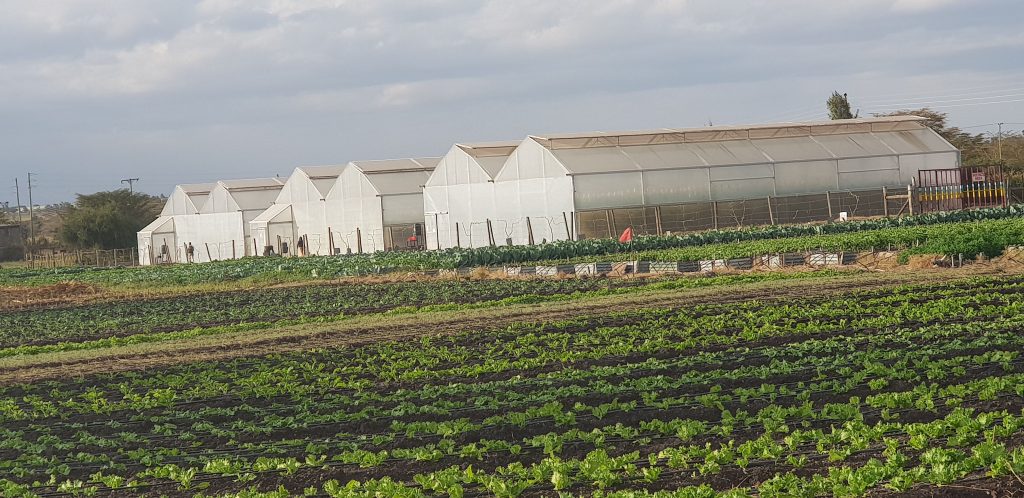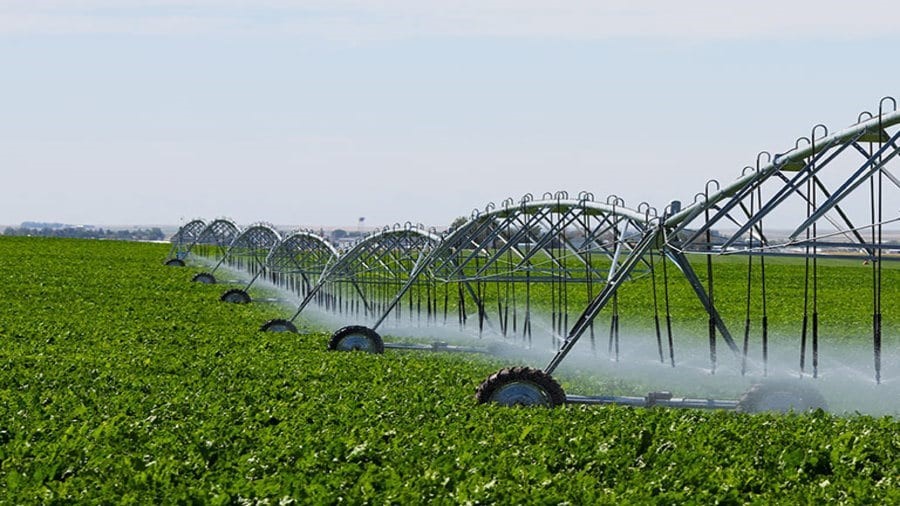Welcome to Isinya; in the heart of Kajiado County, 58 kilometers south of Kenya’s capital Nairobi. The area is sparsely populated majorly because it falls within Kenya’s pastoralism belt. But in the last four years, this area has witnessed an influx of real estate companies, as developers move away from the more expensive satellite towns.
“The goodness of this land is their location is closer to urbanized areas and with the growth of urbanization in Kenya at 4.4 percent so the market is there,” explains Johnson Denge, A real estate manager at Cytonn Investments.
Kenya’s real estate sector has remained vibrant in recent years recording an annual year-on-year growth of 8.9 percent in 2015 according to the Kenya National Bureau of Statistics. However, real estate companies are now diversifying into agribusiness, as a way of attracting potential homebuilders or buyers, and improve their profit margins in the medium to long term.
“As an alternative to intended use of land, most of the land is bought so that eventually owners can settle on it and because they can’t get there and start construction, then agribusiness as an alternative makes sense, it brings alternative income rather than land idle.“ Johnson further explains.

The agribusiness model is implemented in partnership with agricultural companies, and individual investors. In this case, Property Real Estate Company – PRC has partnered with Agri-Green, a fully-fledged Israeli agricultural firm.
According to Abraham Muriithi, the manager of Property Real Estate Company, a pioneer in this new model, the process of investing is simple and convenient, “The first thing is you need to know that you’re an investor, you have some money to spare and you want it to make some money for you. So the first thing you do is to buy a property, we will give you a title for that.
The second thing you need to buy a greenhouse which is also on top of the property. And now with the greenhouse in the first year, we give all the inputs, we give you the inputs, we give you technical know-how we give you the farming infrastructure and we give you the markets.”
For individual farmers, most of whom are women working and living in urban areas, this kind of investment acts as a good source of passive income.
“Majority of our customers are urbanized, employed, most of them, have full day jobs looking for a side hassle, what they found is a person who can basically hassle for them, instead of them going to set up their farm, get their greenhouse, get their water, get their market, get their management, get to a place where they can invest.
“Age profile is between 25 and 40, 65% of them are women,” adds Abraham Muriithi.
For customers such as Lucy Wangari, this new model has provided a welcome incentive in her bid to gain additional income, “Why I chose to do agribusiness is that I have always wanted to practice farming. I have done it individually before and have failed.
“So when I heard that PRC is venturing into agribusiness, I thought why not get a piece of land there and instead of leaving it to speculate, lay idle why don’t I get value for my own money.”
The agri-business projects have exceeded the expectations of the real estate companies, following a warm reception by individual investors. For PRC, this new line of business accounts for 25 percent of annual revenue.
An additional advantage of this model is the protection of farmers from middlemen and price fluctuations in the marketplace. The approach also gives impetus to mechanized small-scale farming in the country, setting the stage for future growth of agriculture as a sector.
To curb price fluctuations that could pass on unwanted losses to customers, real estate companies have taken various stringent measures.
“We have been approached by certain people giving us purchase contracts so our prices are fixed so our control now is that our production is going to be driven by market demand. Price fluctuation will not be as high because it is not someone who comes today, tomorrow you find someone else. It is a yearlong contract; we are looking for these both internationally and locally.” the PRC manager explained.
However, analysts warn that this new model faces many challenges that could hamper its sustainability in the long term.
“You realize that the good and best agricultural returns come with mechanization, proper infrastructure, proper market positioning.
“With this arrangement, a person has an acre, two acres, how to harmonize so that you can have a consistent planting season and marketing in product positioning is the main challenge,” says Mercyline Gatebi, a Senior Research Analyst at Kingdom Securities.

